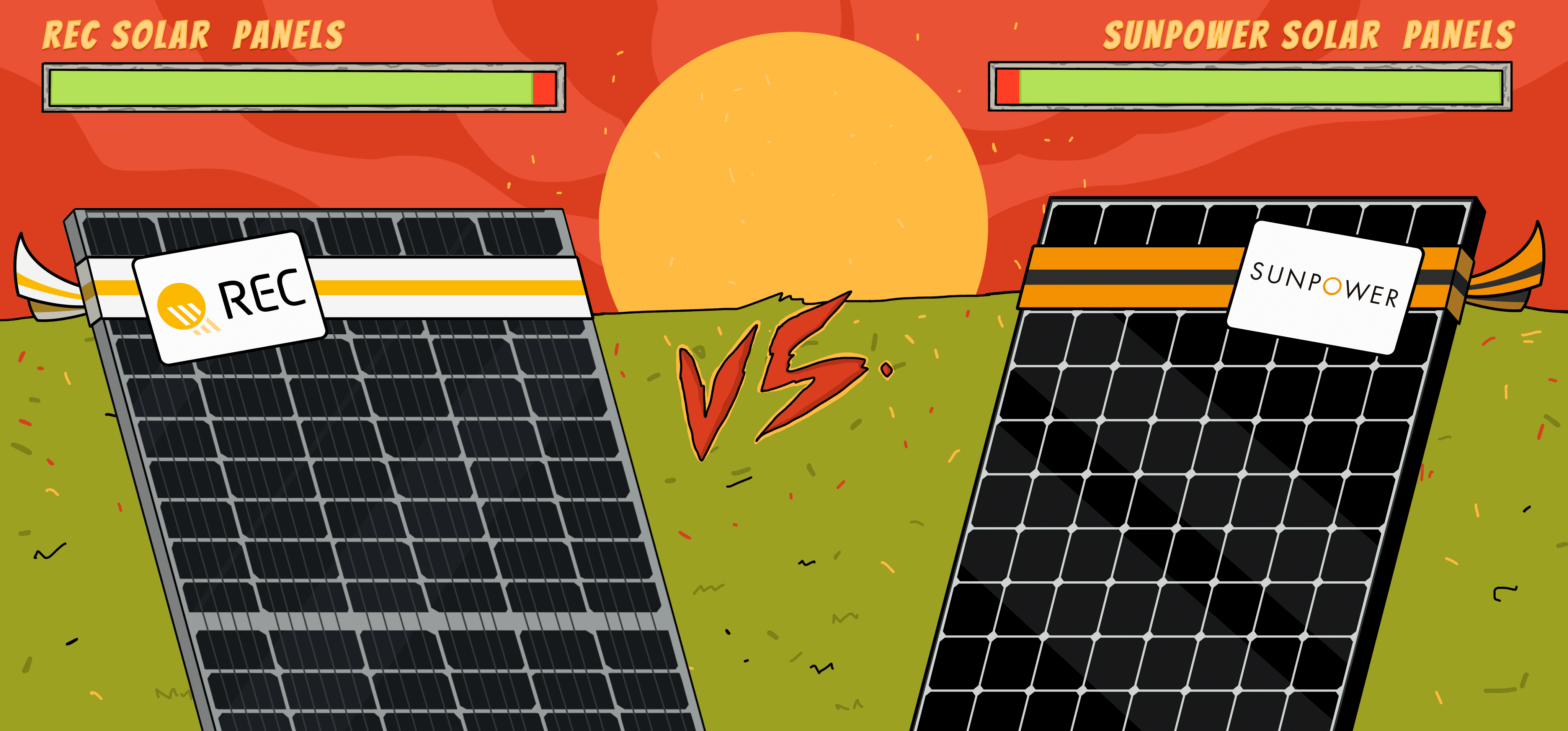do you anticipate the cost of batteries will be reduced when there is more competition? Recent research indicates high prices (seemingly even with tax credits), what seems like modest power capability of batteries and, in some cases, limitations on adding batteries over time if one wants to phase the installation to spread the cost over time.There are many differing opinions about whole home solar and I have been looking into it for a good while.
I have been holding back because there is going to be some new tech coming very soon that utilizes GaN transistors with their much higher efficiency and operating frequency and some units look to be using them now with almost 99% efficiency.
There is a debate on Solid State micro inverters vs transformer based string vs larger solid state based string inverters( which are basically just large microinverters). I can say this, there are good versions and bad versions of all along with implementations and each type has a different set of drawbacks.
As a testbed I built for lack of better words, a battery backup generator last year to test the waters. There was an article by the High Fidelity cables guru where he built such a testbed and reviewed a few inverters. These were the high frequency switching type. I used his recommended Giandel 5kw unit with 800w of panels and a 195ah battery.
I also built an 8kw transformer based Sungoldpower low frequency unit with 18kwh of batterys as there are an equal amount of positive reviews on that type and planned that as my whole house interim backup unit.
The high frequency SS types technically have slightly higher noise but a high frequency type like most switching appliances. The low frequency transformer based units have VERY high pulse current capacity and can start very large appliances like multiple 5 ton AC units concurrently without even blinking. This is something that was in the PS Audio video regarding amplifier demands on solar and Paul's main concern regarding solar. The low frequency units have less THD than most power lines and is of a low frequency spectrum.
A key takeaway is the SS microinverters are mainly targeted for net grid metering where you really are just supplying the grid with excess energy when not needed in your home to make up for 100% on grid at night situation and using a combo of grid and solar during daylight demand. Systems are oversized by a large factor so they can compensate for the energy drawn from on grid when heavy demand is not happening during daylight and is especially important for winter days which have much less generation time. When a system is sized it is by the actual YEARLY total of KWH and calculated to compensate for the long winter nights.
Most people incorrectly think that they are running totally from solar but that simply is not the case unless you opt for very expensive huge battery banks as is common in off grid systems that use large hybrid inverters.
The power filters we tend to use should have no problems with either type however the sonic problems that people mention lies elsewhere IMO.
After lots of research and my tests I can say that a real issue is the outside wires on your home acting like antennas and pickup garbage.
Here is another key takeaway for me, Microinverters put out AC at the panel and need metal conduit all the way from the panel to the home penetration point. The other types of DC string inverters need metal conduit on the roof as well however the outside wall runs are frequently PVC which is unshielded. Some cities allow PVC for the microinverters on the non roof areas also and that may be a part of the problem.
Now comparing the 2 units I made was interesting:
Running strictly on battery, the 5kw HF type had a very low noise floor and a less wiry sound compared to powerline AC however it was lacking in snap. I attributed that to the high internal resistance of the batteries and added a 1 farad "Boomer" cap used for car audio. That helped enormously however the slight leakage of the caps and the standby consumption of that unit has more battery drain than I expected. Running with the PV array running through PVC conduit to a freestanding PV array it really sounded like regular AC. The lower noise floor was gone but it sounded familiar to what I typically get.
I got a very similar result with the big transformer based unit but much better dynamics without any added caps on the battery bank. Granted it is a massively larger battery bank. Results are pretty similar when the PV array for that one is connected as well with a degradation to regular powerline sound quality and it is a 7200w array with a lot more wires on the roof vs an 800w array. Unfortunately it is PVC conduit on the side of my house. This will be getting changed soon to metal all the way and I anticipate a bump in sonics.
Takeaway here was battery only holds performance potential gains.
Now if you do not get battery backup system or off grid system and opt for a simple net metering buyback system as is most common then you obviously cant go totally 100% solar. Also so be sure to spec all metal conduit on your install. Personally I prefer the big ass transformer based unit over the SS inverter type so far.
Bottom line is at night you are on the same ac electric grid unless you have an off grid system.
Hopefully this lends some clarity as to the in's and outs of solar and what is truly going on.
And is the research into using different materials in the battery yielding any practical benefits (that is, less expensive and scalable)?












